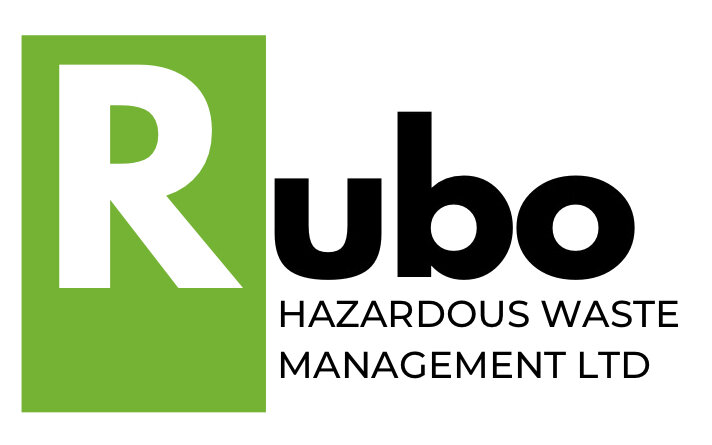Unraveling European Waste Catalogue Codes: A Comprehensive Overview
In the intricate landscape of waste management, clarity and precision are paramount. The European Waste Catalogue (EWC) codes stand as a crucial tool in achieving just that. In this blog post, we embark on an informative journey to demystify European Waste Catalogue codes, delving into their significance, structure, and role in effective waste classification and management.
Understanding European Waste Catalogue (EWC) Codes:
The European Waste Catalogue is a standardized coding system used across the European Union to classify various types of waste. These codes play a pivotal role in waste management, facilitating accurate identification, tracking, and handling of different waste streams.
Decoding EWC Codes: Structure and Meaning:
The EWC codes comprise six digits, each carrying specific information about the waste's origin, composition, and potential hazards. The first two digits indicate the waste category, while the subsequent four digits provide detailed specifications about the waste stream.
Importance of EWC Codes in Waste Management:
EWC codes are more than just numbers; they are a common language that aids in efficient waste management practices. Proper classification using EWC codes ensures that waste is treated, transported, and disposed of appropriately, minimizing environmental impact and public health risks.
EWC Codes: Key Benefits and Applications:
Accurate Waste Characterization: EWC codes provide insights into the waste's nature, aiding in appropriate handling, transportation, and disposal decisions.
Regulatory Compliance: Many waste management regulations and permits rely on EWC codes for proper documentation and reporting.
Waste Tracking: EWC codes enable seamless waste tracking, helping organizations monitor waste flows and ensure compliance with disposal regulations.
Best Practices for EWC Code Application:
Educate Personnel: Ensure that your team is well-versed in EWC codes and their application.
Accurate Waste Characterization: Precise waste characterization is crucial for assigning the correct EWC code.
Stay Updated: EWC codes may be updated periodically, so keep abreast of any changes to ensure compliance.
Partnering for Informed Waste Management:
At Rubo - Hazardous Waste Management Ltd, we recognize the significance of EWC codes in responsible waste management. Our team is well-equipped to accurately identify and manage waste streams using EWC codes, adhering to the highest standards of safety and environmental protection.
Seek Guidance or Clarification:
If you have questions about European Waste Catalogue (EWC) codes or need assistance in waste management, feel free to reach out to us. Together, we can navigate the complexities of waste classification, ensuring a cleaner, safer, and more sustainable environment.
